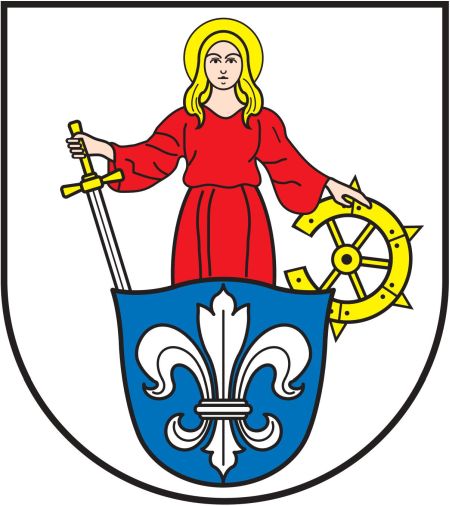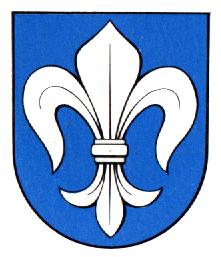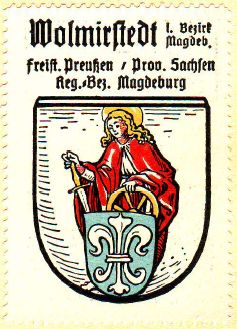Wolmirstedt: Difference between revisions
Knorrepoes (talk | contribs) m (Text replace - "|width="15%"|50 px|right |}" to "|width="15%"|50 px|right |}<seo title="Wappen, Gemeindewappen" />") |
Knorrepoes (talk | contribs) m (Text replace - "[[Literature" to "{{media}} [[Literature") |
||
| Line 27: | Line 27: | ||
|align="center"|[[File:wolmirstedt.hagd.jpg|center]] <br/>The arms in the [[Kaffee Hag albums]] +/- 1925 | |align="center"|[[File:wolmirstedt.hagd.jpg|center]] <br/>The arms in the [[Kaffee Hag albums]] +/- 1925 | ||
|} | |} | ||
{{media}} | |||
[[Literature]] : Hupp, 1920s; Bensing et al., 1984 | [[Literature]] : Hupp, 1920s; Bensing et al., 1984 | ||
Revision as of 09:12, 9 July 2014
| Heraldry of the World Civic heraldry of Germany - Deutsche Wappen (Gemeindewappen/Kreiswappen) |
WOLMIRSTEDT
State : Sachsen-Anhalt
District (Kreis) : Börde (1994-2007 Ohrekreis, until 1994 Wolmirstedt)
Additions : 1950 Elbeu; 1993 Mose; 2009 Farsleben, Glindenberg
Official blazon
In Silber die heilige Katharina in rotem Gewand mit goldenem Haar und goldenem Nimbus, in der rechten Hand ein gestürztes silbernes Schwert mit goldener Parierstange und goldenem Griff, in der linken ein gebrochenes goldenes Rad mit fünf Speichen und vier Zacken; vor ihren Füßen ein blauer Schild mit einer silbernen Lilie.“
Origin/meaning
The arms were officially granted on June 20, 1997.
The arms show a fleur-de-lis, symbol of purity. The historical seals of the city show the local patron saint, St. Catherine, holding a shield with the arms. The village developed around a Cistercian convent, founded in 1228, devoted to St. Catherine.
From the 1940s until 1997 the city only used the small shield with the fleur-de-lys. Since 1997 the whole composition has been in use again.
| The arms until 1997 |
The arms in the Kaffee Hag albums +/- 1925 |
Contact and Support
Partners:
Your logo here ?
Contact us
© since 1995, Heraldry of the World, Ralf Hartemink 
Index of the site
Literature : Hupp, 1920s; Bensing et al., 1984













